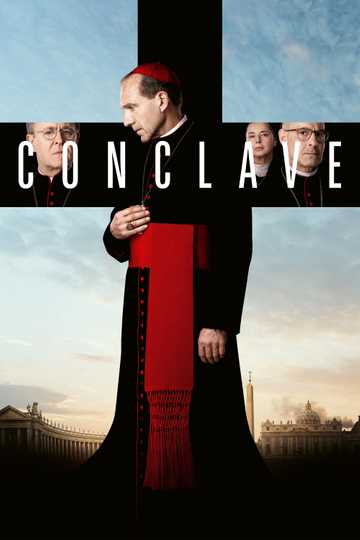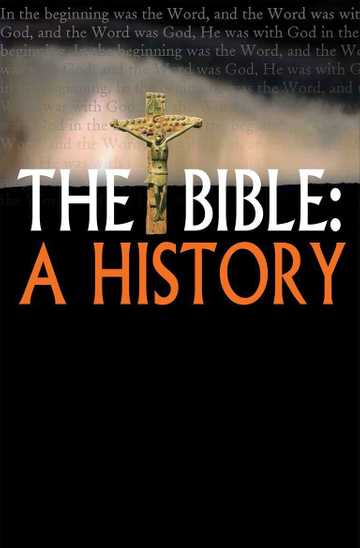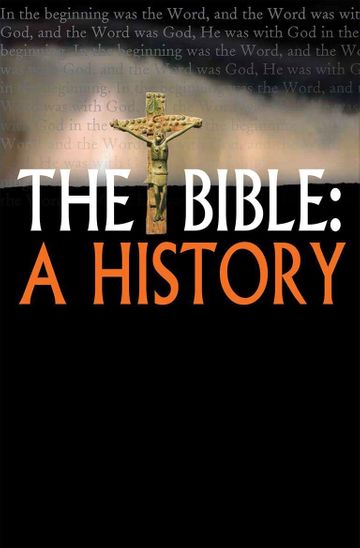Season 1 Episodes
1. Creation
Some believe that the earth was created by God. Others believe that it was created by the Big Bang. Each side is adamant in their views, and refuses to entertain the other. But, is there a common ground? Host Howard Jacobson seeks to find a common ground where both the sciences and religion could be considered right.
2. Abraham
Of all the characters in the bible, Abraham is the most predominant. From him the three largest religions in the world arose. Christianity, Judaism, and Islam. But rather than setting a foundation for peace among them, each religion claims Abraham as their own. Host Rageh Omaar wants to discover who Abraham was, and whether or not he his the key to peace among the masses.
3. The Law of Moses
The ten commandments given to Moses shaped Christianity and even the world today. Some people believe that they are nothing but an outdated burden. Host Ann Widdecombe researches the origination and interpretations of the ten commandments and wants to know if society would be better if everyone followed them today.
4. The Daughters of Eve
There is no doubt that the bible spells trouble for women. Some parts are absolutely ripe with sexism and misogyny. However, historian Bettany Hughes preposes that it is actually very interesting what happened to women in the bible, and that it marked a turning point in the history of the gender.
5. Jesus
The figure of Jesus Christ is a complex and often misunderstood one. His works and teachings are used to promote a whole host of ideologies. Irish politician Gerry Adams was the leader of Sinn Fein, the political group associated with the IRA. He investigates the life and death of Jesus against the backdrop of his own controversial life and career. Could Jesus be considered a freedom fighter?
6. St Paul
St. Paul did more to shape the moral and ethical direction of the ancient world than anyone else. He was far ahead of his time, suggesting that equality and progressive change in society was better for mankind. Historian Tom Holland discusses the relevancy of Paul's ideas then and now and asks why his controversial teachings are often quoted by those opposed to homosexuality and women priests.
7. Revelation: The Last Judgement
The Book of Revelations is known to be a grim, detailed description of the end of the world. Some believe it was designed to terrify the masses into piety. In his childhood, theologian Dr. Robert Beckford was taught that it was the prophetic truth. But, as he now investigates, could it actually be a message of hope telling us we can create heaven on Earth?






















